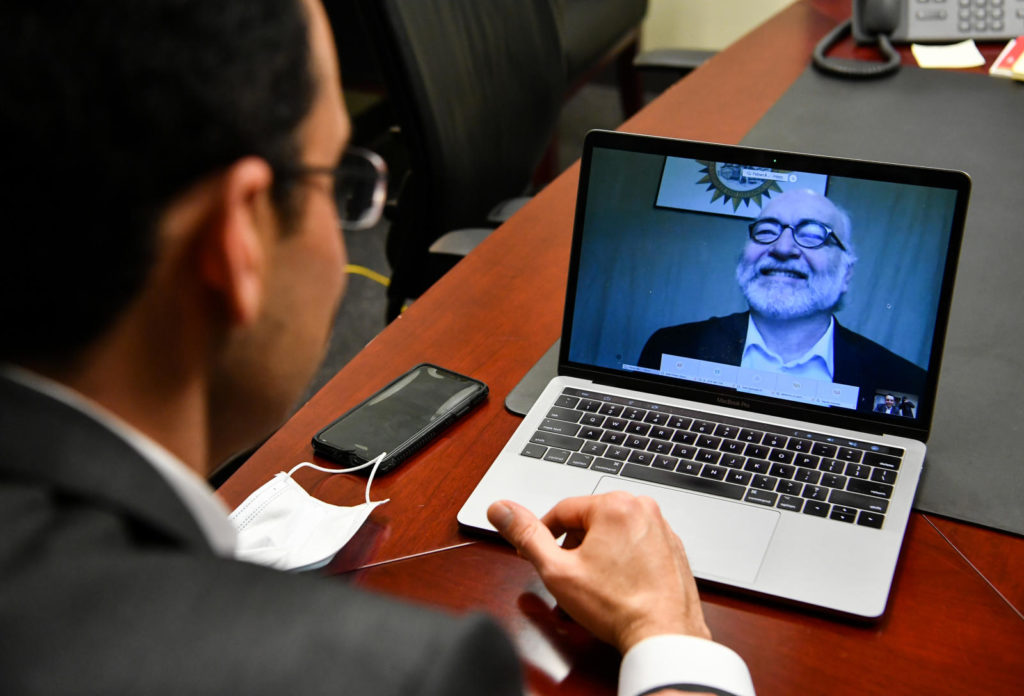
Nashville’s health department is focusing its coronavirus response on hot spots among immigrant communities in Antioch and Madison. A key part of a new plan described Tuesday will provide hotel rooms to isolate positive patients.
Multigenerational households, which are common with immigrant families, have also made them more susceptible to the pandemic. Other cities have tried quarantine sites, even early on in the pandemic. And Metro Public Health Department epidemiologist Leslie Waller says Nashville is ready to do it too.
The commitment means partnering with community groups to pay for hotel rooms and, if needed, providing cash assistance while the patient is out of work.
“Over the last couple of months, we’ve tried some things and had to make some quick realizations to expand and change course,” she says. “Ultimately, [we] provide those financial and economic support structures so we could actually more successfully help people isolate from their families or roommates.”
Waller outlined the plan Tuesday in a meeting with Metro Council members from southeast Davidson County, which has one of the city’s highest concentration of immigrant families.
The health department has also planned a marketing push with billboards and radio spots in Spanish-language media. They’re looking for recovered patients who may be willing to share their personal testimony as part of the campaign.
Waller says she’s in the final stage of hiring five fluent Spanish speakers so that contact tracers and outreach workers can stop relying on translation services.
The city also plans to offer more coronavirus testing on nights and weekends in the hotspots, so it’s more convenient for workers.
Immigrant advocates have been calling for more help in recent weeks, and not just in Nashville. Statewide, more than a quarter of all cases are among the Hispanic population, despite making up fewer than 7% of the total population.
The concentration of cases among immigrant communities was identified months ago, and now as many as 80% of the new coronavirus cases in Nashville are the result of family transmission.
Nashville officials say they’re now ready to respond.
“We have a really good plan with public health,” says Ben Eagles, senior adviser to Mayor John Cooper. “It’s time for them to execute it.”

